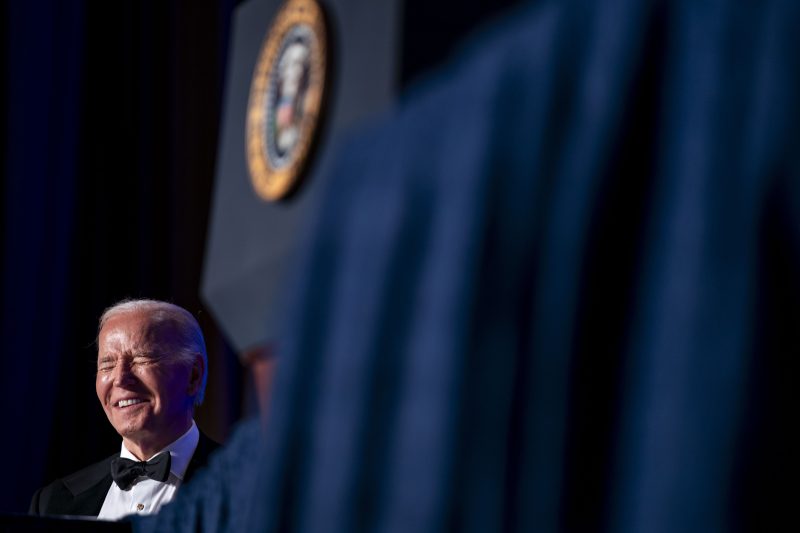In today’s political landscape, the exchange of personal attacks and sarcastic jabs between leaders has become a common occurrence. President Joe Biden, known for his straightforward and sometimes biting remarks, has been increasingly vocal in his criticisms of former President Donald Trump. This trend of personal attacks is not new in political discourse, but the intensity and frequency of such remarks from President Biden raise concerns about the impact on the public perception of political leaders and the state of political discourse in the country.
The use of personal and sarcastic jabs in political rhetoric can be a double-edged sword. On one hand, it can be seen as a way to connect with the public on a more personal level and show a more relatable side of the leader. It can also be used as a tool to highlight differences in policy approaches and emphasize the shortcomings of the opponent. However, the flip side of this approach is that it can undermine the seriousness and dignity of political discourse, turning debates into personal feuds and distracting from the real issues at hand.
President Biden’s decision to engage in increasingly personal and sarcastic jabs at Trump reflects a larger trend in modern politics where aggression and sensationalism tend to dominate public discourse. This approach may appeal to certain segments of the population who appreciate a direct and unfiltered communication style from their leaders. However, it also runs the risk of alienating those who prefer a more diplomatic and respectful tone in political discourse.
The impact of personal attacks and sarcastic jabs in political rhetoric goes beyond the immediate exchange between leaders. It sets a tone for how political debates are conducted and can influence public perceptions of the credibility and integrity of political leaders. When leaders resort to personal attacks, it can fuel divisiveness and polarization among the electorate, making it even harder to find common ground and work towards collective solutions.
In conclusion, while the use of personal and sarcastic jabs in political discourse may serve certain strategic purposes, it also raises important ethical and practical concerns about the tone and quality of public debate. As political leaders continue to engage in increasingly personal attacks, it is essential for the public to critically evaluate the impact of such rhetoric on our democratic values and the overall health of our political system. Only by holding our leaders accountable for their words and actions can we hope to cultivate a more respectful and constructive political discourse that serves the best interests of all citizens.

